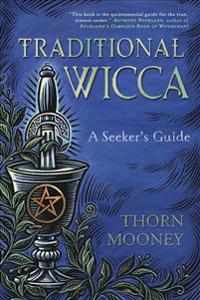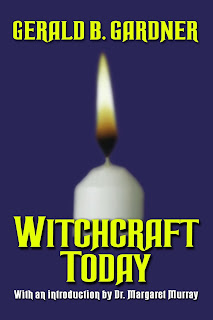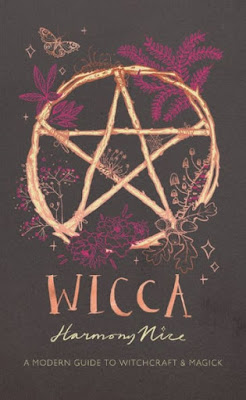As the pandemic has spread and affected almost every aspect of our lives during the past year, and as we have struggled to adjust to a life of lockdowns and not being able to meet up with our friends, ritual groups or covens, as events have been cancelled and we have been forced to socially distance and isolate ourselves in order to protect each other, life has become much different this year than expected. And while it certainly has been very challenging at times, even painful, I am once again astounded by how we can build community.
As the pandemic hit Finland I was about a month away from hosting a pagan retreat. First we postponed the event, then we had to cancel it completely. I cannot deny that I cried a little as a lot of hard work and many emotions had been put into this event. However, me and my co-organizer, Fenris, were determined to not give up on the project and we moved parts of the programme online, to a two day zoom-conference. We advertised it among our small Fenno-Swedish community but also in Finnish-speaking groups on FB. We also contacted a coven leader in Sweden about hosting a program item during the seminar.
The result was interesting. Not only did we have a guest from Sweden participating, but we also had other Finnish pagans participate who had not previously attended our moots or participated much in our discussions. As a result of this diverse group meeting, we started hosting moots online. The Helsinki based Finnish moots also moved online during the same time and I decided to start joining them. This turned out to be one of the best decisions I have made in a long while.
From the Finnish moots was born the idea for an international panel discussion after which some countries hosted their own online moots. I decided to join the Swedish moot, just to see what kind of people were around there. This moot, once more, sparked a whole new series of moots, and since may there have been monthly online moots on Zoom that bring together Swedes and Fenno-Swedes on a regular basis. And these are no mere pub moots.
 |
| This was my calendar for Samhain 2019 to Samhain 2020. 2021 will see its own version. |
Tonight, on the full moon, we had the seventh moot in the form of a panel discussion about solitary contra open circle contra coven work in Wicca. I participated as one of the panelists, representing a solitary, eclectic side. The discussions were very interesting and thought provoking, but what stuck with me was the sense of community that these moots have created.
And that is why I am writing down these thoughts. Because although the pandemic has had a huge impact on life, especially social life, it has given me the opportunity to form new connections, to network like never before, and to build communities that I would never have though possible. If a year ago you would have said that this spring I would be giving lectures about the Witches' Pyramid of participating in panels about how to practice Wicca in different kinds of group modes, then I would have said you were jesting. But here we are.
I marvel at the possibilities that have arisen from the dire situation that we are in, and it gives me hope and warms my heart to think that although life this year did not turn out as we would have hoped or imagined, we can still find the good things and create and build positive community.
I hate many things about this year, but I love the good things it has brought into my life.
Blessed be!
~Stella








